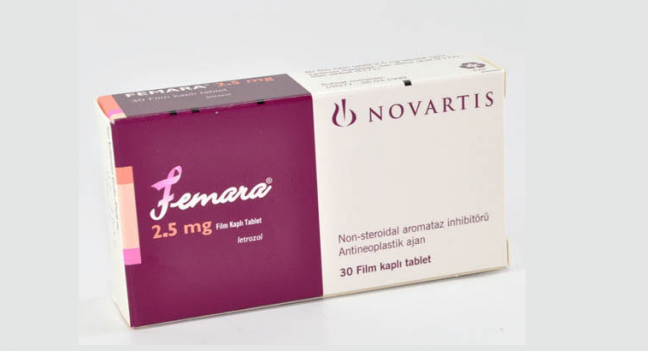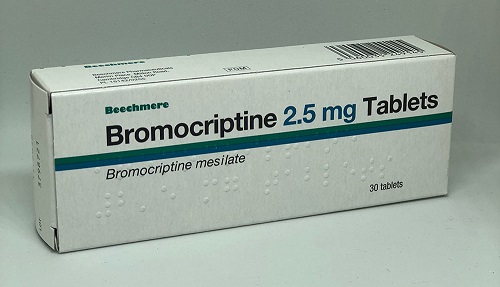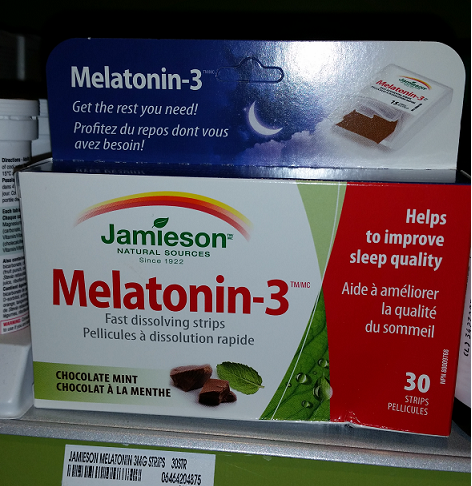![]() The information provided by our expert should not constitute a diagnosis of your condition. Always consult a medical practitioner or healthcare provider for a formal diagnosis. By making use of this content, you agree that ConceiveEasy and the expert assume no liability.
The information provided by our expert should not constitute a diagnosis of your condition. Always consult a medical practitioner or healthcare provider for a formal diagnosis. By making use of this content, you agree that ConceiveEasy and the expert assume no liability.
Many couples who are facing infertility have concerns about how fertility drugs affect the system. Milder fertility drugs like Clomid are safe and will not cause hyperovulation. However, many other stronger fertility drugs can and can do a number on your system with unpleasant side effects. Especially after hearing about horror stories that couples have shared due to their grueling experiences with dealing with harsh fertility drugs whether they were trying to conceive naturally or through IVF or IUI. Therefore, it is no wonder that many couples who are facing infertility are hesitant about going on these harsh drugs. Claim Your 20 Free Pregnancy Tests – Click Here
There are cases where couples who are struggling with fertility who have been prescribed drugs that are not meant to treat infertility- but do actually help increase female fertility. Let’s look at these 7 drugs that are not meant to be fertility drugs, but have been proven to be helpful anyway.

Femara
Femara, which is a brand name for letrozole is used to treat breast cancer as it is an aromatase inhibitor. It is given to postmenopausal women after surgery, chemotherapy or radiation to help reduce the risk of cancer coming back. However, fertility clinics have been using Femara as well to help treat infertility.


Letrozole
Letrozole is known to stimulate ovulation, and it is taken off-label by women who have not been helped with Clomid. This drug usually helps women with PCOS ovulate, if Clomid did not work Clomid is always the first choice of drug that fertility specialists try but will move to letrozole if it fails.
They say that the medication will work best if it is taken for 5 days towards the end of the cycle. It has also been said that the side effects of letrozole are not as difficult as with Clomid which can cause hot flashes and mood swings. The only thing about taking letrozole that can be a potential issue is that it has been linked to birth defects in some cases.
Metformin
Metformin or Glucophage is meant to help stabilize blood sugar in patients that have Type 2 diabetes. However, fertility specialists have prescribed Metformin for women that have PCOS for the purpose of helping ovulation happen. Ovulation is inhibited by too much insulin in the system, and Metformin is there to help fix that issue. This drug is usually taken with Clomid to help increase chances even further for pregnancy happening in patients that have PCOS. However, sometimes Metformin can be taken by itself to help do the job.

Metformin does not only help with insulin resistance and help to stabilize blood sugar levels, but it also can help with weight loss if that is necessary. That said, if you have PCOS and you are wanting to get pregnant, then don’t be surprised if your fertility specialist prescribes you Metformin, with or without Clomid.

Bromocriptine
Bromocriptine or Cabergoline are dopamine antagonists which are prescribed to patients that have pituitary tumors, hyperprolactinemia (those who have high prolactin levels), neuroleptic malignant syndrome, Type 2 diabetes, and Parkinson’s Disease. However, in many cases, infertility in women is caused by high levels of prolactin which can be caused by thyroid disease, kidney disease, and can be caused by taking antidepressants.

The reason that ovulation does not happen for breastfeeding mothers is that the prolactin levels are high, and those who have high prolactin levels who are not breastfeeding will be affected the same way. Therefore, if high prolactin levels are the cause for anovulation, then the fertility specialist will prescribe Bromocriptine. Not to mention, if high prolactin levels have been detected early on in your journey with dealing with infertility- then you will be fortunate to be prescribed a drug that will more than likely work- with the right dosage so you can conceive quickly.

Melatonin
Melatonin is a natural sleep aid. And, like it was mentioned before, if you get too much or too little sleep, that will have a negative impact on your fertility. However, those who take Melatonin before bed will not only have a better time getting good-quality sleep, but it will help them restore their fertility. Therefore, if you are not able to conceive due to the fact that your body is run down from a lack of sleep, then Melatonin may do the trick for you. It will help you get the sleep you need as well as increase your odds of getting pregnant.

Additionally, those who are well-rested are also going to have a much higher libido as well since their bodies are functioning better, overall after getting the perfect amount of sleep.

Mineral Oil
Mineral oil is not a drug, however, it has many uses. One use is to help relieve constipation, and another use it has is to help loosen ear wax so it can either be washed out or can fall out easily. However, mineral oil falls in this list because it is is a safe lubricant to use to allow the sperm to travel easier into the female reproductive tract. It may not be a drug per se, but it is a good fertility booster.

Those who are close to ovulation are well-lubricated as it is due to the cervical mucus that has a consistency of egg whites and is abundant as well. However, some couples want to have more of a boost, and mineral oil can help. Also, actual egg whites can also serve the same purpose as long as no part of the yolk is taken. The yolk can cause an unpleasant infection. Therefore, you may want to go with the mineral oil option instead of this is a concern.

Omega 3 Supplements
Omega 3 supplements are not a drug but are given to anyone to help improve their brain function. Kids that have ADHD and that are under the autism spectrum are also recommended to take Omega 3 supplements to help them concentrate better, and will improve their cognitive abilities as well. However, women that have problems with ovulating that do not want to jump into using fertility drugs may be helped by taking Omega 3 supplements.
In order to find the best dosage for you, you will want to talk to a nutritionist. There are also many foods that have high amounts of Omega 3 supplements which would be included in the fertility diet such as salmon and other fish that have low mercury levels, nuts, avocados, and seeds. But taking a supplement will increase fertility even more.

Bottom Line – Fertility Drugs Not Really Fertility Drugs…
These are the drugs or substances that have been known to help female fertility even though that is not their true purpose. And, if you have been trying to conceive for a year or you already know you have fertility-related challenges even before trying- just know that there is hope. There is hope for you whether or not you attempt to try other ways to get pregnant by strictly eating fertility boosting foods or take fertility-boosting herbs.
And, if your situation is somewhat complicated, then you may have to go on actual fertility drugs if nothing else helps. Just know regardless of what step you will need to take to increase your fertility, the odds of you conceiving are high with the proper help.











Comments